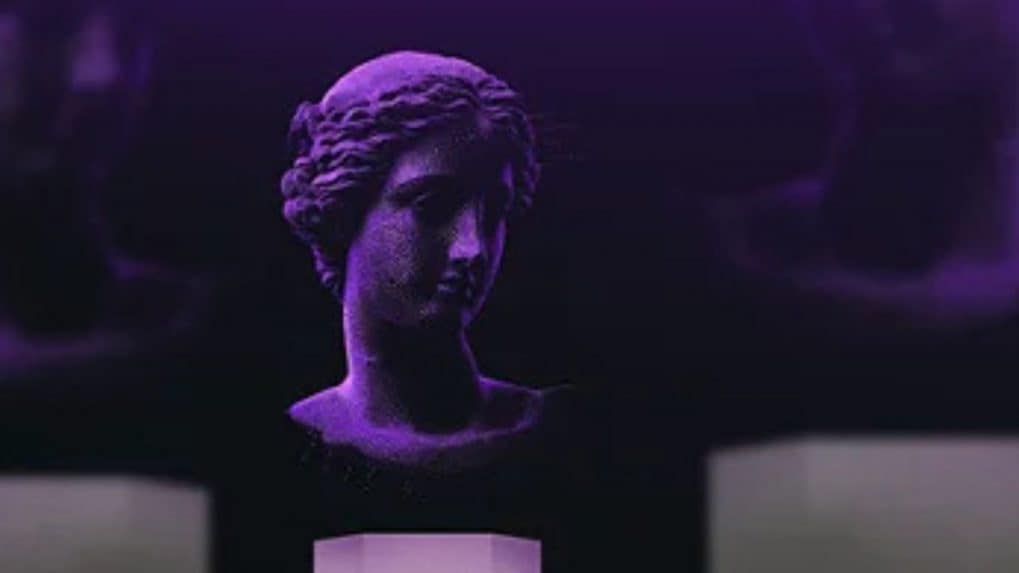Advertising
From Pink Slips to Silent Sidelining: Inside adland’s layoff and anxiety crisis

Accenture Song, the creative and customer experience powerhouse of consulting giant Accenture, is undergoing one of the most significant restructurings in its history, both in name and in nature.
Once a standalone, fast-growing creative unit known as Accenture Interactive, then rebranded to Accenture Song in 2022, the business is now being fully absorbed into Accenture’s new “Reinvention Services” line, signaling a decisive shift in how the firm delivers creativity, technology, and strategy at scale.
This move comes at a pivotal moment: in the year ending August 2024, Accenture Song generated $19 billion in revenue, a 5.6% increase from the previous year. With over 800,000 employees, 9,000+ clients across 120 countries, and reportedly more than 350 partnerships, Song has built itself into a global creative-tech engine.
But now, Song is being reimagined not as a siloed creative shop, but as a modular function embedded deep within Accenture’s transformation DNA.
From Creative Network to Reinvention Backbone
The strategic absorption of Song into Reinvention Services is structural and cultural. Reinvention Services represents Accenture’s new full-spectrum offering aimed at end-to-end business transformation: from customer experience and product design to backend operations, AI, and cloud infrastructure.
Accenture has built scaled services in Strategy, Consulting, Song, Technology and Operations, deep industry and functional experience and unmatched technology ecosystem partnerships.
Now Accenture will bring all of these services together in a single, integrated business unit called Reinvention Services, under the leadership of Manish Sharma, Accenture’s current CEO of the Americas. Sharma will become Accenture’s first Chief Services Officer. As an integrated business unit, Reinvention Services will be able to create more leading solutions faster and embed data and AI more easily into its solutions and delivery.
Song’s creative energy and consumer insights are being fused into this broader mandate, shifting its identity from a creative agency brand to an integrated, future-facing business solution.
In practice, this means Accenture clients looking for growth through “relevance”—a core Song promise, will now access that through a combined stack of creative, strategic, and technical capabilities, delivered via cross-functional, AI-augmented teams.
Dan Garrison, Accenture Song’s Chief Technology Officer, captures the essence of this pivot. In his recent interview to The Drum, he said “You can’t go after CMO challenges simply as a tech project anymore, you need someone who majors in technology but minors in creativity. That’s why Accenture created Interactive, and that’s why Song exists today.”
For Garrison, who has spent nearly three decades inside the company, this isn’t just rebranding, it’s “rewiring how we deliver”. With the infusion of AI agents into hybrid teams, a rethink of roles and workflows, and a commitment to keeping humans at the center, the organization is embracing both velocity and versatility.
A Changing of the Guard: Droga Out, Oteh In
Alongside structural changes comes a major leadership shake-up. After three years at the helm, David Droga, the celebrated creative leader who helped redefine Song’s identity, will step down as CEO to become Vice Chair of Accenture. His successor, Ndidi Oteh, currently leading Song’s Americas operations, will assume the role of CEO on September 1, 2025.
Oteh’s appointment signals a new era, one focused not only on sustaining creative excellence but also on embedding it deeper into the engine room of business transformation. Meanwhile, Jason Dess, Accenture’s lead for CFO and enterprise value, will step up as Group Chief Executive of Consulting, reinforcing the leadership realignment around enterprise transformation.
"Changes will enable Accenture to serve clients and technology ecosystem partners better and faster and create next waves of growth to benefit all stakeholders," the company said in June.
The leadership transition comes at a time when Accenture, and Song in particular, is navigating both opportunity and scrutiny.
While Song has been lauded for its innovation, its removal from Transport for London’s creative review earlier this year, for reportedly not meeting DEI criteria, sparked backlash, especially after Accenture scrapped its global diversity goals.
The move was seen as contradictory to the inclusive future-forward ethos Song has long championed.
Despite external criticisms, Accenture Song continues to push the boundaries of what a creative-led, tech-enabled organization can be. Its 2024 acquisition spree - including ConcentricLife, Rabbit’s Tale, and Work & Co - deepened its capabilities in health tech, commerce, and creative design. It is also making big bets on metaverse commerce, AI workflows, and autonomous agents that complement, not replace, human work.
Internally, Song is redefining how teams are built and how solutions are delivered, blending tech architects with creative strategists, marketers with data scientists, all under one adaptive operating model.
As Garrison had put it in his recent interview: the fusion of creativity, strategy and tech isn’t just a nice-to-have. It’s the difference between being a follower and being a leader.
Song's reinvention is more than a branding exercise, it’s a blueprint for how the creative industry itself is evolving in real time. All this while rumors of a possible merger between Accenture Song and WPP are swirling across the advertising and consulting worlds, as both companies navigate major transformation challenges in an AI-first economy. David Droga took it to LinkedIn recently to call out the merger rumours as a 'cap' (meaning a lie).
From purpose-driven work and narrative-rich brand films to AI-enabled ideas and creator-led collaborations, the awards reflect the full spectrum of modern creativity.
Read MoreLooking ahead to the close of 2025 and into 2026, Sorrell sees technology platforms as the clear winners. He described them as “nation states in their own right”, with market capitalisations that exceed the GDPs of many countries.